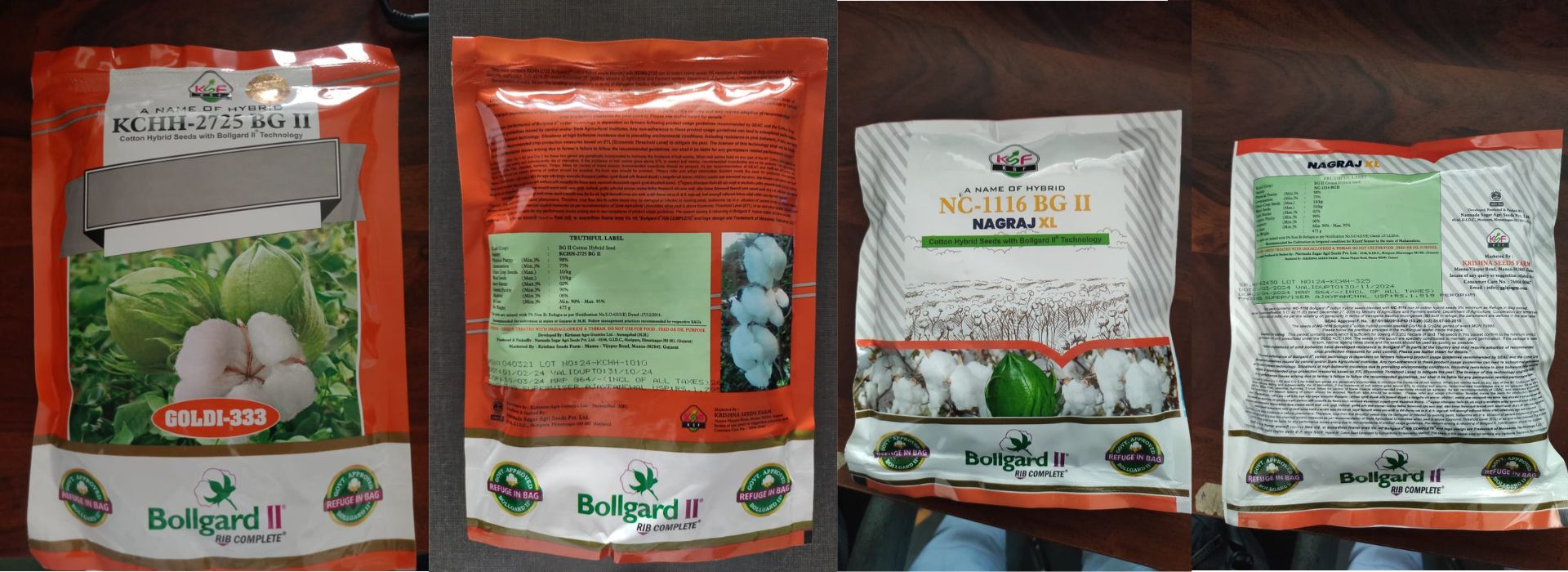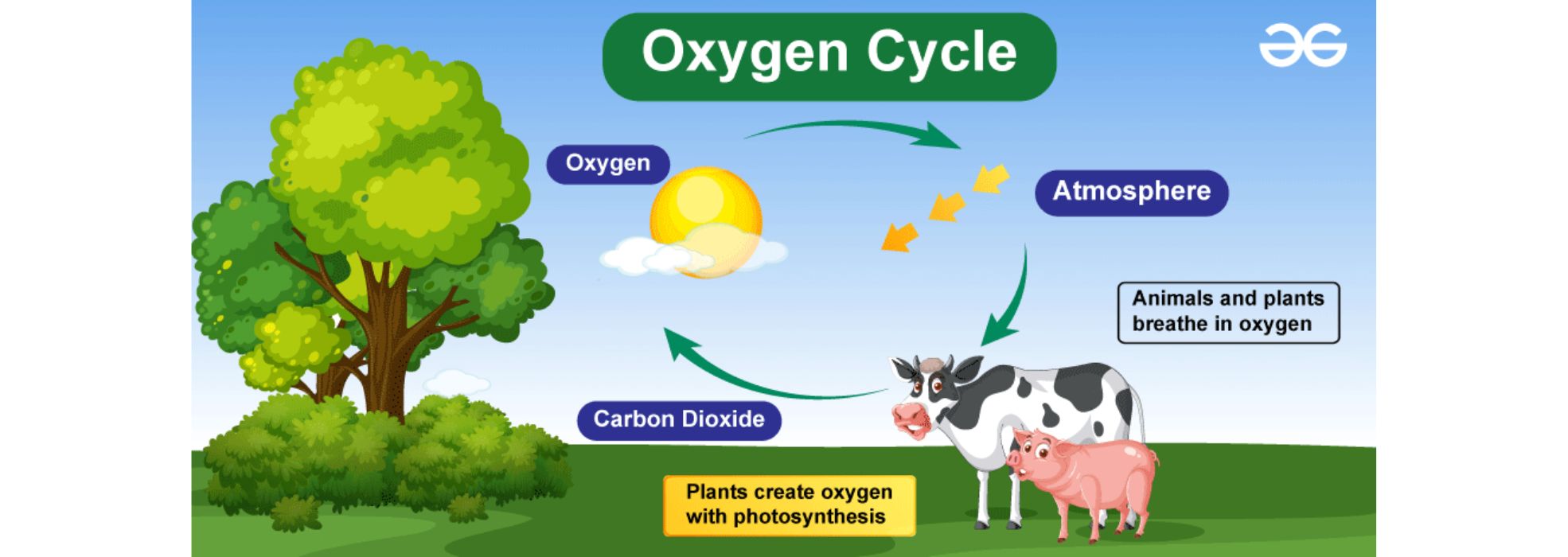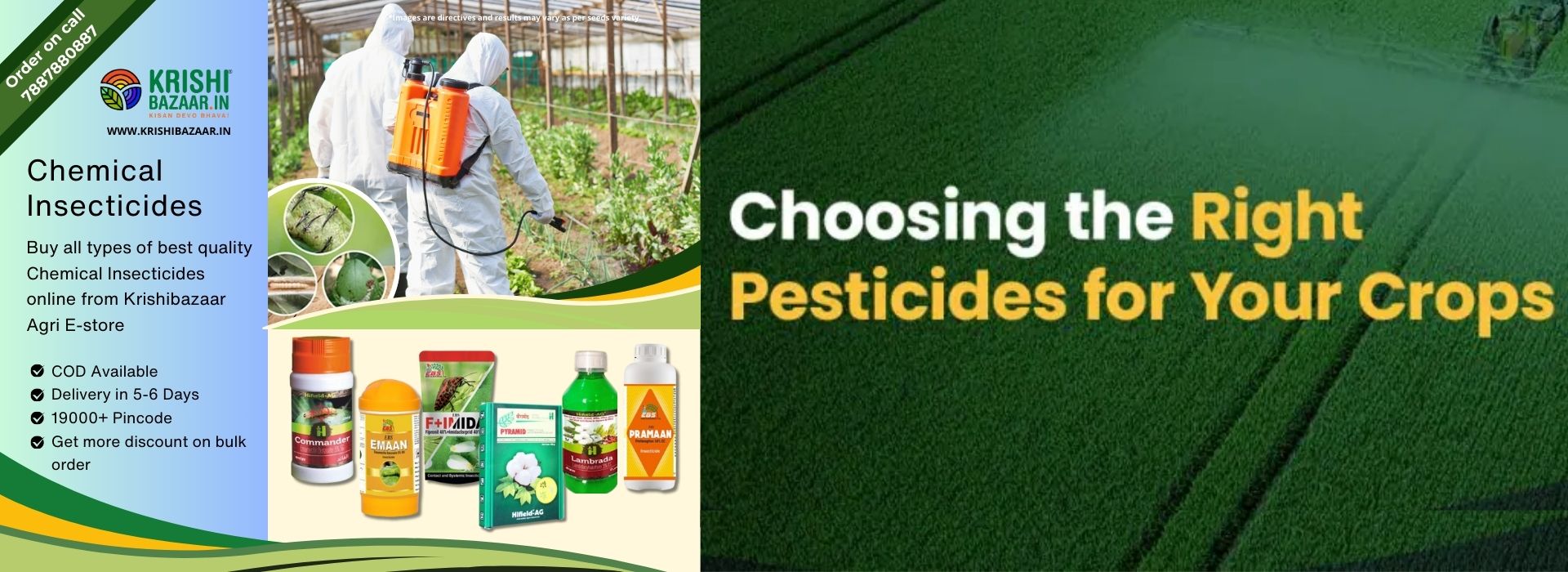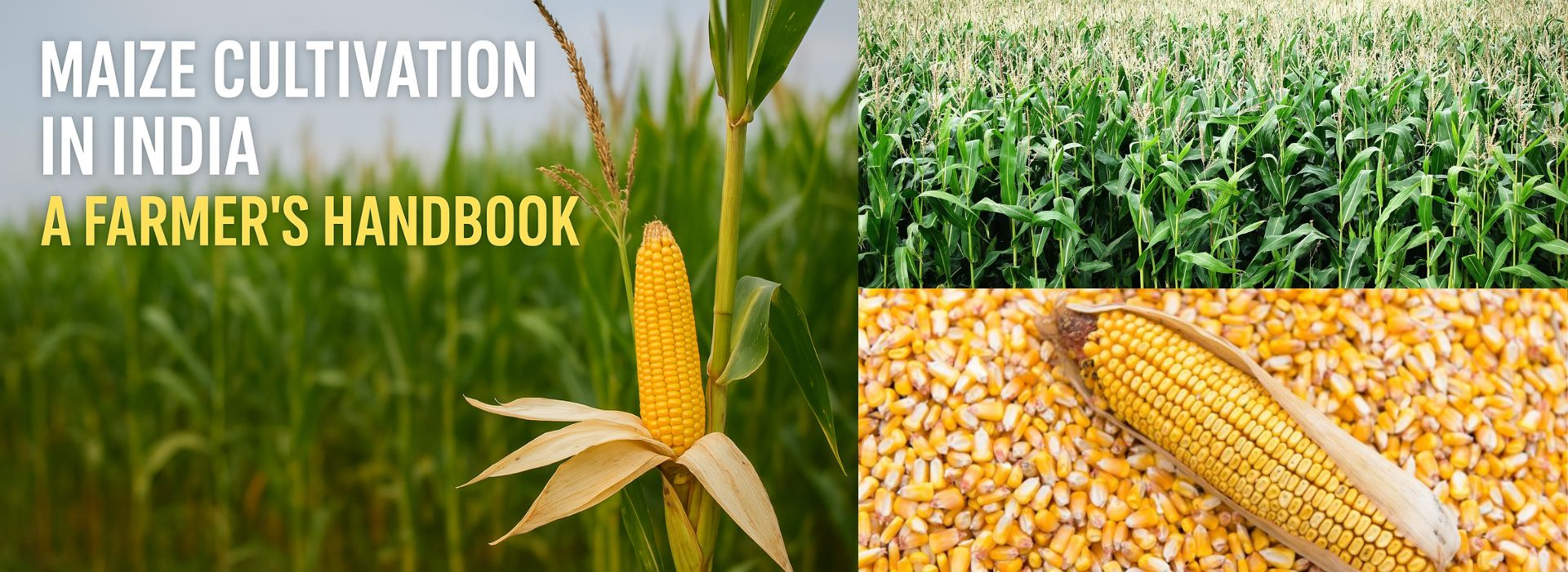Harnessing the Power of BGII Hybrid Cotton Seeds for Maximum Crop Yield
May 24, 2024the
game-changer in cotton farming: BGII Hybrid Cotton Seeds. With their
revolutionary genetic technology, these seeds are poised to revolutionize crop
yields and profitability for farmers.
Incorporating
the latest advancements in biotechnology, BGII Hybrid Cotton Seeds are designed
to resist the onslaught of pest attacks, resulting in reduced crop damage and
higher productivity. This means that farmers can enjoy increased yields and
greater profits, making it a game-changer for sustainable agriculture.
By
harnessing the power of genetic modification, BGII Hybrid Cotton Seeds have
shown remarkable resistance to the invasive pests that can wreak havoc on
cotton crops. With better resistance, farmers can reduce the amount of
pesticides used, leading to a more environmentally friendly and cost-effective
approach to cotton farming.
Not
only does this innovative technology offer increased resistance to pests, but
it also provides improved tolerance to adverse weather conditions, enhancing
the overall resilience of the crops. With BGII Hybrid Cotton Seeds, farmers can
minimize the risks associated with unpredictable climate patterns and maximize
their chances of a successful harvest.
Embrace the future of cotton farming with BGII Hybrid Cotton Seeds and experience the unprecedented benefits they bring in terms of crop yield and profitability. Don't get left behind - join the revolution in sustainable agriculture today
Click Here for the Best Quality Cotton Seeds
Advantages
of using BGII hybrid cotton seeds
BGII
Hybrid Cotton Seeds offer a range of advantages that can significantly improve
cotton farming practices. Firstly, their resistance to pests is unparalleled.
By harnessing the power of genetic modification, these seeds have shown
remarkable resilience to invasive pests that can wreak havoc on cotton crops.
This means that farmers can reduce the amount of pesticides used, leading to a
more environmentally friendly and cost-effective approach to cotton farming.
In
addition to pest resistance, BGII Hybrid Cotton Seeds also provide improved
tolerance to adverse weather conditions. This enhanced resilience allows crops
to withstand drought, extreme temperatures, and other climate-related
challenges. By minimizing the risks associated with unpredictable weather
patterns, farmers can maximize their chances of a successful harvest. The
ability to withstand adverse conditions makes BGII Hybrid Cotton Seeds a
reliable choice for farmers in regions prone to climatic fluctuations.
Furthermore,
these hybrid seeds exhibit a faster growth rate compared to traditional cotton
seeds. This means that farmers can expect a quicker turnaround time from
planting to harvest. The shorter growth cycle allows for more flexibility in
crop rotation and enables farmers to maximize the use of their land throughout
the year. With faster growth and increased productivity, BGII Hybrid CottonSeeds offer a significant advantage in terms of crop yield and overall
profitability.
The science
behind BGII hybrid cotton seeds
BGII
Hybrid Cotton Seeds are the result of cutting-edge biotechnology and genetic
modification techniques. The seeds are developed through the insertion of
specific genes into the cotton plant's DNA, which confers the desired traits
such as pest resistance and tolerance to adverse weather conditions. The
genetic modification process involves identifying and isolating the genes
responsible for the desired traits and then introducing them into the cotton
plant's genome.
One
of the key genes introduced into BGII Hybrid Cotton Seeds is the Bacillus
thuringiensis (Bt) gene. This gene produces a protein toxic to certain pests,
such as bollworms and pink bollworms, which are major threats to cotton crops.
When these pests feed on the cotton plant, they ingest the Bt protein, leading
to their death. This mechanism provides a natural and effective defense against
pest attacks, reducing the need for excessive pesticide use.
Another
gene incorporated into BGII Hybrid Cotton Seeds is the stress-tolerant gene,
which enhances the plant's ability to withstand harsh environmental conditions.
This gene allows the cotton plant to maintain its growth and productivity even
in the face of drought, high temperatures, and other stressors. By equipping
the plant with these traits, BGII Hybrid Cotton Seeds ensure that farmers can
achieve consistent and reliable crop yields, regardless of the challenges posed
by the environment.
How to
select the right BGII hybrid cotton seeds for your farm
Choosing
the right BGII Hybrid Cotton Seeds for your farm is crucial to maximizing your
crop yield and profitability. Here are some key factors to consider when
selecting these hybrid seeds:
Pest
resistance: Look for seeds that have been specifically bred to resist the pests
prevalent in your region. Different strains of BGII Hybrid Cotton Seeds may
exhibit varying levels of pest resistance, their death. This mechanism provides
a natural and effective defense against pest attacks, reducing the need for
excessive pesticide use.
Another
gene incorporated into BGII Hybrid Cotton Seeds is the stress-tolerant gene,
which enhances the plant's ability to withstand harsh environmental conditions.
This gene allows the cotton plant to maintain its growth and productivity even
in the face of drought, high temperatures, and other stressors. By equipping
the plant with these traits, BGII Hybrid Cotton Seeds ensure that farmers and
market demands, you may prefer seeds that have a shorter growth cycle or those
that produce larger bolls.
Seed
quality: Ensure that the BGII Hybrid Cotton Seeds you choose are of high
quality and have been certified by reputable seed companies. Quality seeds are
more likely to germinate well and exhibit the desired traits, leading to better
crop performance.
By
carefully considering these factors and consulting with local agricultural
experts, you can make an informed decision when selecting BGII Hybrid CottonSeeds for your farm.
Best
practices for planting and cultivating BGII hybrid cotton seeds
To
maximize the benefits of BGII Hybrid Cotton Seeds, it is important to follow
best practices when planting and cultivating these hybrid crops. Here are some
key guidelines to keep in mind:
Soil
preparation: Prepare the soil by removing weeds and debris and ensuring proper
drainage. Conduct a soil test to determine nutrient levels and make any
necessary amendments before planting.
Planting
time: Choose the optimal planting time based on your region's climate and the
growth characteristics of the specific variety of BGII Hybrid Cotton Seeds you
are planting. Follow local planting calendars and guidelines for the best
results.
Planting
density: Determine the appropriate plant spacing and planting density based on
the recommended guidelines for the specific variety of BGII Hybrid Cotton
Seeds. Proper spacing allows for adequate air circulation, reducing the risk of
disease and promoting healthy growth.
Irrigation:
Provide sufficient water during the growing season, taking into account the
water requirements of the specific variety of BGII Hybrid Cotton Seeds. Monitor
soil moisture levels and adjust irrigation practices accordingly to avoid water
stress or waterlogging.
Fertilization:
Follow a balanced fertilization program based on soil test results and the
nutrient requirements of the specific variety of BGII Hybrid Cotton Seeds.
Apply fertilizers in the recommended quantities and at the appropriate stages
of plant growth to ensure optimal nutrient uptake.
Pest
management: Although BGII Hybrid Cotton Seeds offer inherent pest resistance,
it is still important to monitor the crop for any signs of pest infestation.
Implement integrated pest management strategies, including the use of
beneficial insects and targeted pesticide applications if necessary.
By
adhering to these best practices, farmers can optimize the growth and
development of BGII Hybrid Cotton Seeds, leading to higher crop yields and
improved profitability.
Maximizing
crop yield with BGII hybrid cotton seeds
BGII
Hybrid Cotton Seeds have the potential to significantly increase crop yield
compared to traditional cotton seeds. To maximize the crop yield, farmers can
implement various strategies and techniques:
Crop
rotation: Rotate cotton crops with other non-host crops to break the pest and
disease cycle. This practice helps reduce pest populations and minimizes the
risk of yield loss due to pest pressure.
Proper
weed management: Control weeds through regular cultivation, mulching, or the
use of herbicides. Weeds compete with cotton plants for resources and can
significantly reduce crop yield if left unchecked.
Timely
harvesting: Harvest cotton at the appropriate maturity stage to ensure maximum
fiber quality and yield. Delayed or premature harvesting can result in lower
fiber quality and reduced yield potential.
Post-harvest
practices: Implement proper post-harvest handling and storage techniques to
minimize fiber damage and maintain quality. Protect harvested cotton from
moisture, pests, and excessive heat to preserve its value.
Continuous
monitoring: Regularly monitor the crop for any signs of stress, disease, or
pest infestation. Early detection allows for timely intervention and minimizes
the risk of yield loss.
By
adopting these strategies and leveraging the inherent advantages of BGII Hybrid
Cotton Seeds, farmers can achieve substantial increases in crop yield and
overall profitability.
Common
challenges and solutions when using BGII hybrid cotton seeds
While
BGII Hybrid Cotton Seeds offer numerous benefits, farmers may encounter certain
challenges when using these hybrid seeds. Here are some common challenges and
their potential solutions:
Resistance
management: Pests have the ability to develop resistance to the Bt protein
present in BGII Hybrid Cotton Seeds. To mitigate this risk, farmers should
implement resistance management strategies, such as planting refuge areas with
non-Bt cotton, to preserve the effectiveness of the technology.
Seed
availability: The availability of BGII Hybrid Cotton Seeds may vary depending
on the region and local seed production. Farmers should plan ahead and secure
their seed supply in advance to ensure timely planting.
Regulatory
compliance: Some countries or regions may have specific regulations or
restrictions on the cultivation of genetically modified crops, including BGII
Hybrid Cotton Seeds. Farmers should familiarize themselves with the applicable
regulations and ensure compliance to avoid any legal issues.
Cost
considerations: BGII Hybrid Cotton Seeds may have a higher initial cost
compared to traditional cotton seeds. However, the potential increase in crop
yield and profitability can offset the initial investment. Farmers should
carefully evaluate the cost-benefit ratio based on their individual farming
operations.
By
being aware of these challenges and implementing appropriate solutions, farmers
can successfully overcome any obstacles and fully harness the benefits of BGII
Hybrid Cotton Seeds.
Comparing
BGII hybrid cotton seeds with traditional cotton seeds
When
considering the adoption of BGII Hybrid Cotton Seeds, it is important to
compare them with traditional cotton seeds to make an informed decision. Here
are some key differences between the two:
Pest
resistance: BGII Hybrid Cotton Seeds exhibit enhanced pest resistance compared
to traditional cotton seeds. The incorporation of the Bt gene provides an
inherent defense mechanism against major pests, reducing the reliance on
chemical pesticides.
Yield
potential: BGII Hybrid Cotton Seeds have the potential for higher crop yields
compared to traditional cotton seeds. This is attributed to their improved
resilience to pests, adverse weather conditions, and faster growth rate.
Environmental
impact: BGII Hybrid Cotton Seeds offer a more sustainable approach to cotton
farming by reducing pesticide use and minimizing the impact on the environment.
This can contribute to the preservation of beneficial insects and biodiversity
in agricultural ecosystems.
Market
demand: Some markets may have specific preferences or requirements for cotton
produced from BGII Hybrid Cotton Seeds. Farmers should assess the market demand
and potential price premiums associated with cotton produced from these hybrid
seeds.
Seed
cost: BGII Hybrid Cotton Seeds may have a higher upfront cost compared to
traditional cotton seeds. However, farmers should consider the potential
increase in crop yield and profitability over the long term when evaluating the
cost-effectiveness of these hybrid seeds.
By
weighing these factors and considering their individual farming goals and
circumstances, farmers can determine whether adopting BGII Hybrid Cotton Seeds
is the right choice for their operations.
Success
stories of farmers who have used BGII hybrid cotton seeds
Farmers
around the world have experienced remarkable success with the adoption of BGII
Hybrid Cotton Seeds. Here are a few inspiring success stories:
Farmer
A from India: Farmer A, based in a region plagued by bollworm infestations,
switched to BGII Hybrid Cotton Seeds and witnessed a significant reduction in
crop damage. The increased pest resistance allowed Farmer A to minimize
pesticide use, resulting in cost savings and improved profitability.
Farmer
B from the United States: Facing frequent drought conditions in their region,
Farmer B decided to plant BGII Hybrid Cotton Seeds known for their
drought-tolerant traits. Despite the challenging weather conditions, Farmer B
achieved consistent crop yields and reduced the risk of yield loss due to water
stress.
Farmer
C from Australia: Farmer C, operating in a high rainfall area, experienced
improved disease resistance and higher crop yields with BGII Hybrid Cotton
Seeds. The enhanced resilience of these hybrid seeds helped Farmer C overcome
common fungal diseases prevalent in the region and achieve optimal cotton
production.
These
success stories highlight the transformative impact of BGII Hybrid Cotton Seeds
on farmers' livelihoods and the overall sustainability of cotton farming.
Conclusion: The future of BGII hybrid
cotton seeds in agriculture
As
we look to the future of cotton farming, BGII Hybrid Cotton Seeds hold immense
promise for sustainable agriculture. With their unparalleled pest resistance,
improved tolerance to adverse weather conditions, and faster growth rate, these
hybrid seeds have the potential to revolutionize crop yields and profitability
for farmers worldwide.
By
harnessing the power of genetic modification, BGII Hybrid Cotton Seeds offer a
more environmentally friendly and cost-effective approach to cotton farming.
The reduced reliance on chemical pesticides and the ability to withstand
climatic challenges contribute to the long-term sustainability of cotton
production.
As
more farmers embrace the benefits of BGII Hybrid Cotton Seeds, we can expect to
see increased global adoption and further advancements in this technology. By
staying at the forefront of agricultural innovation, farmers can secure a
prosperous future for themselves and contribute to a more sustainable and
resilient food system.
Embrace
the future of cotton farming with BGII Hybrid Cotton Seeds and experience the
unprecedented benefits they bring in terms of crop yield and profitability.
Don't get left behind - join the revolution in sustainable agriculture today
At krishibazaar.in, you can find and buy various agricultural products. For
agricultural guidance on selecting the most suitable products for your crops,
please contact or WhatsApp at +917887880887






Guest reviews
No reviews found for this Blog